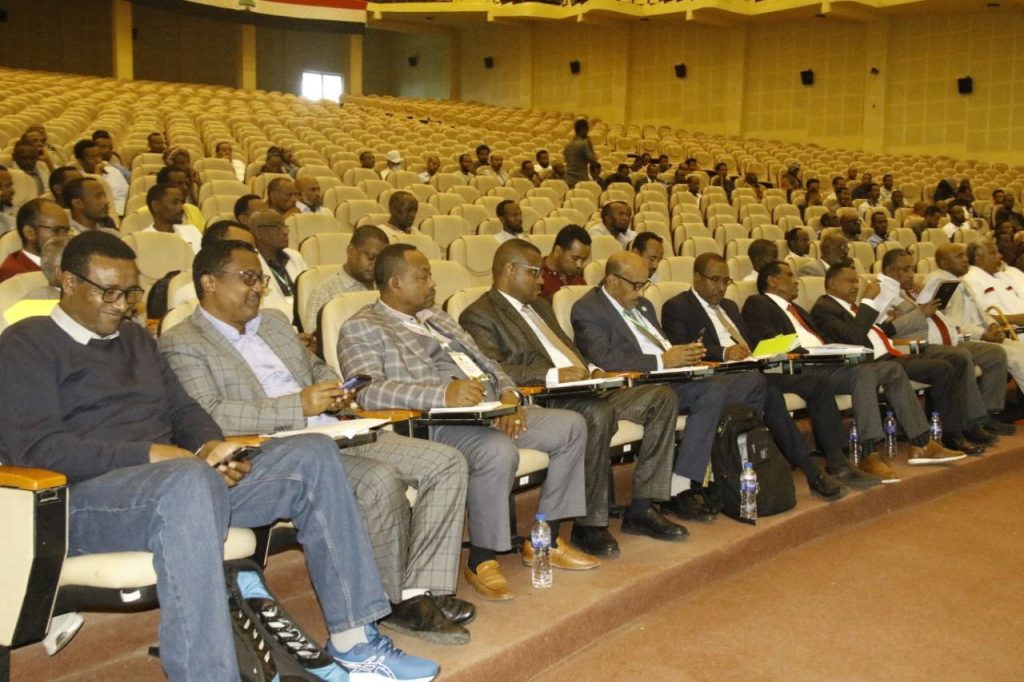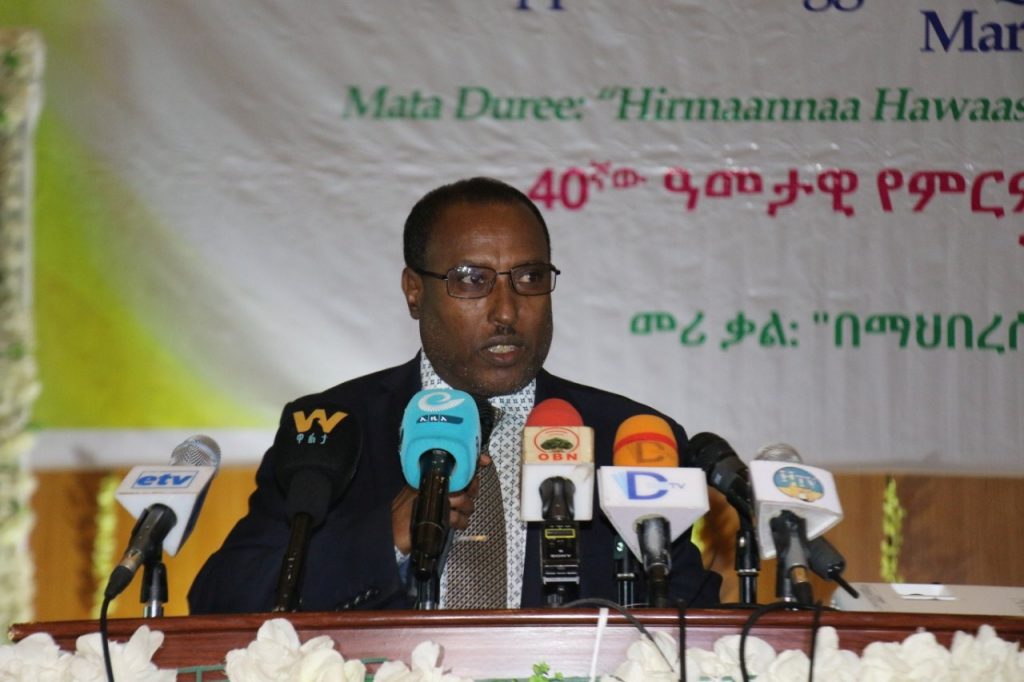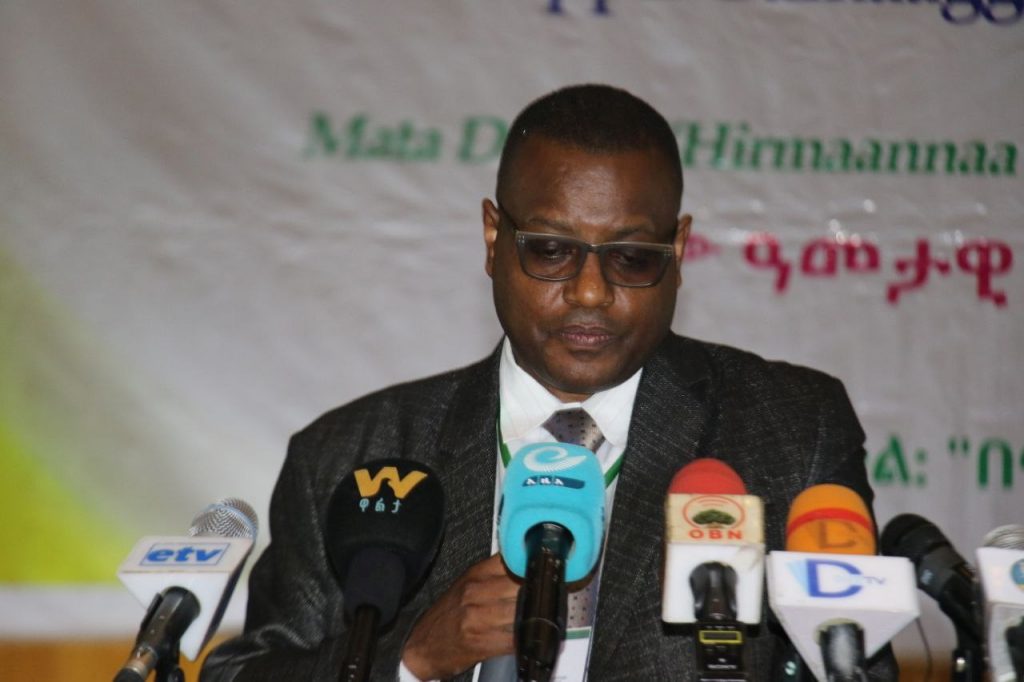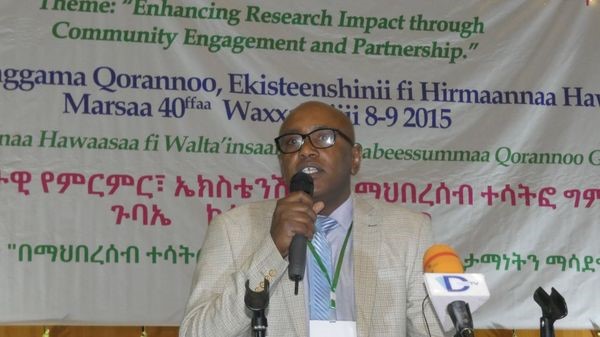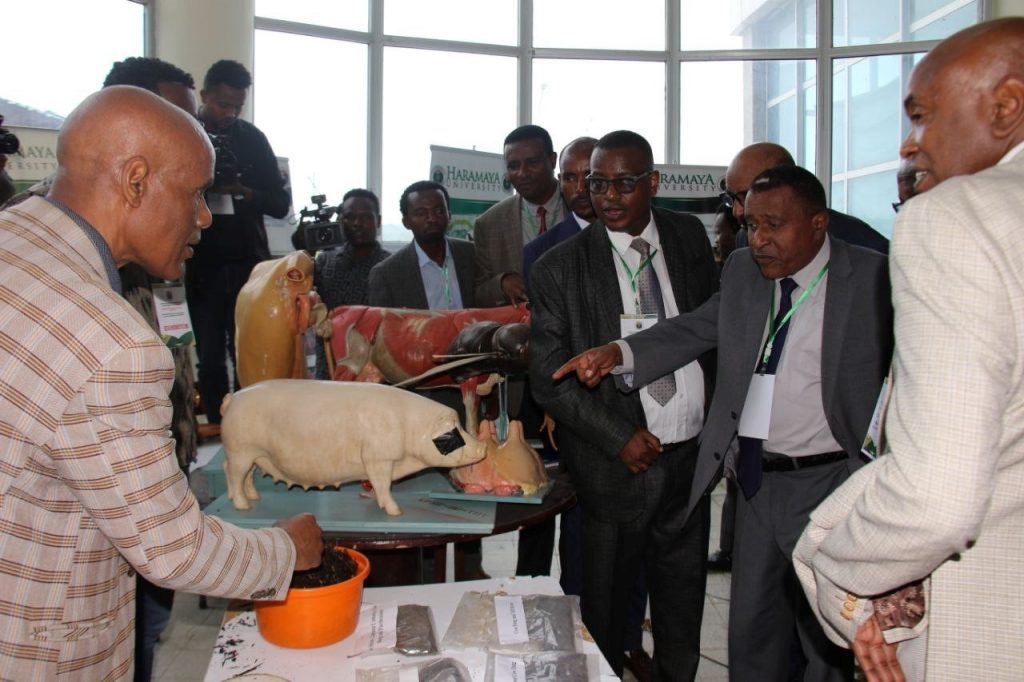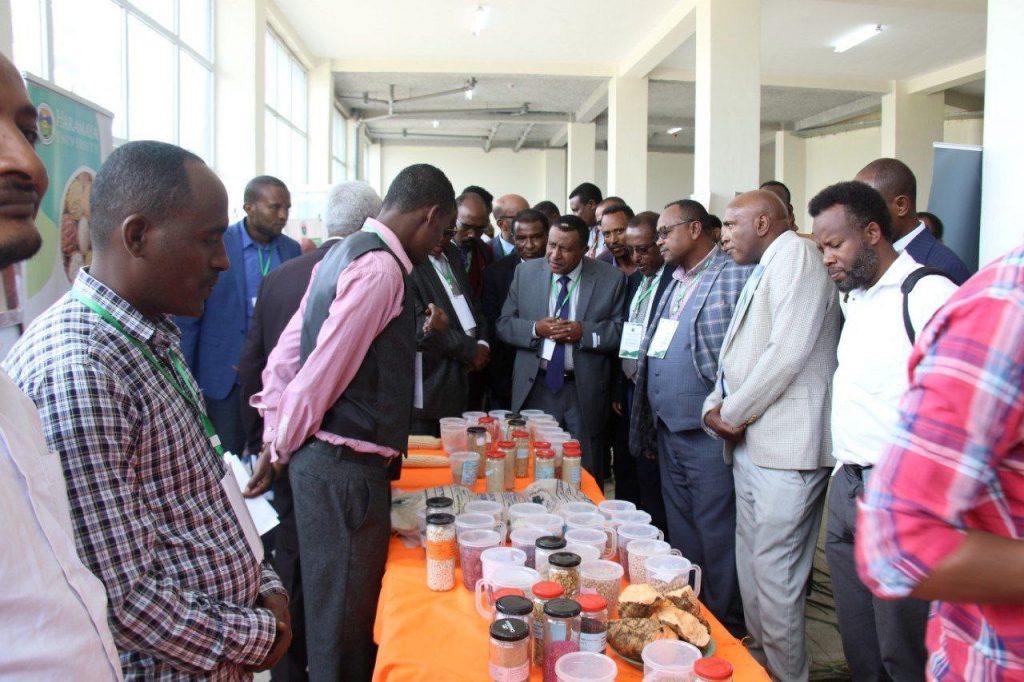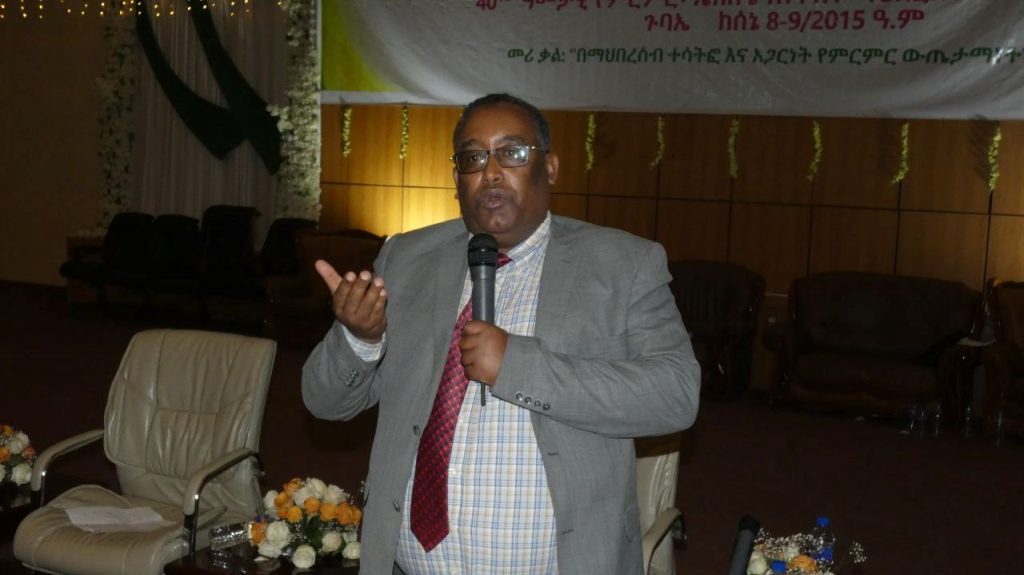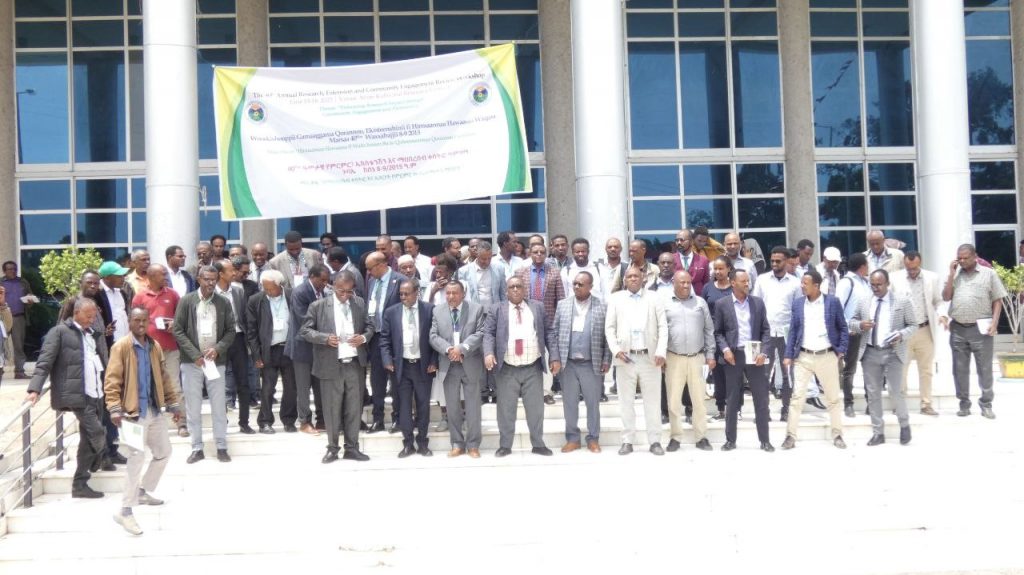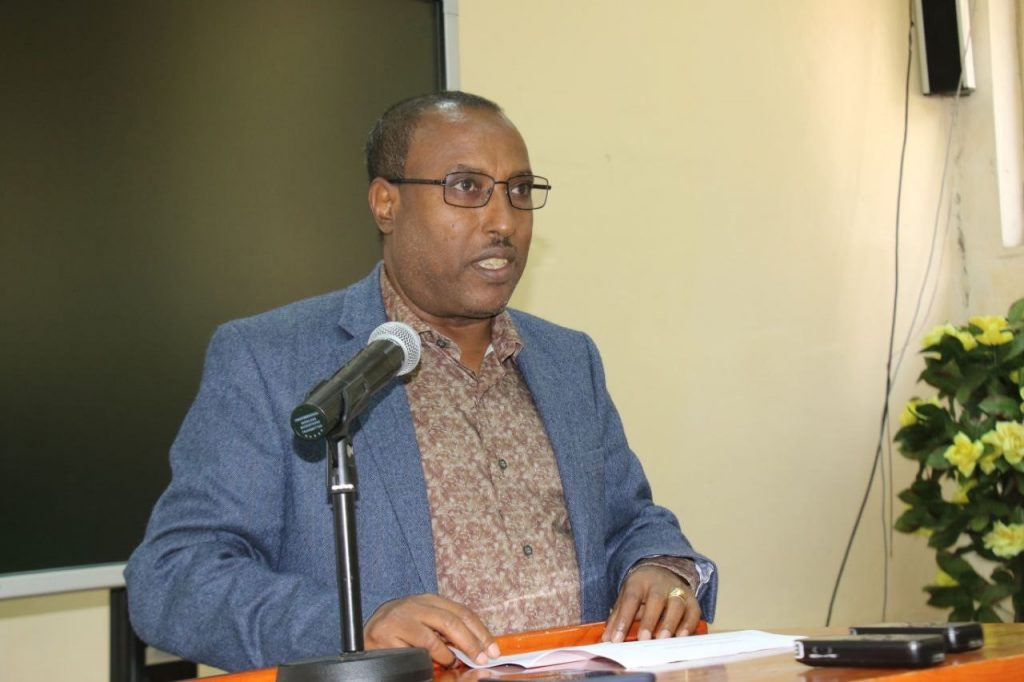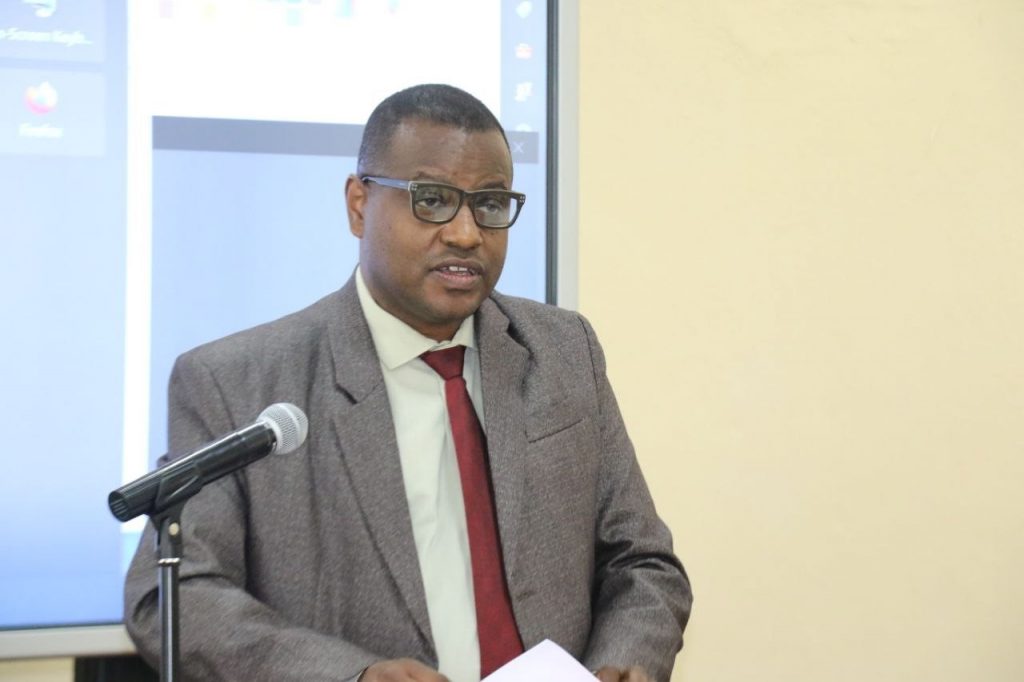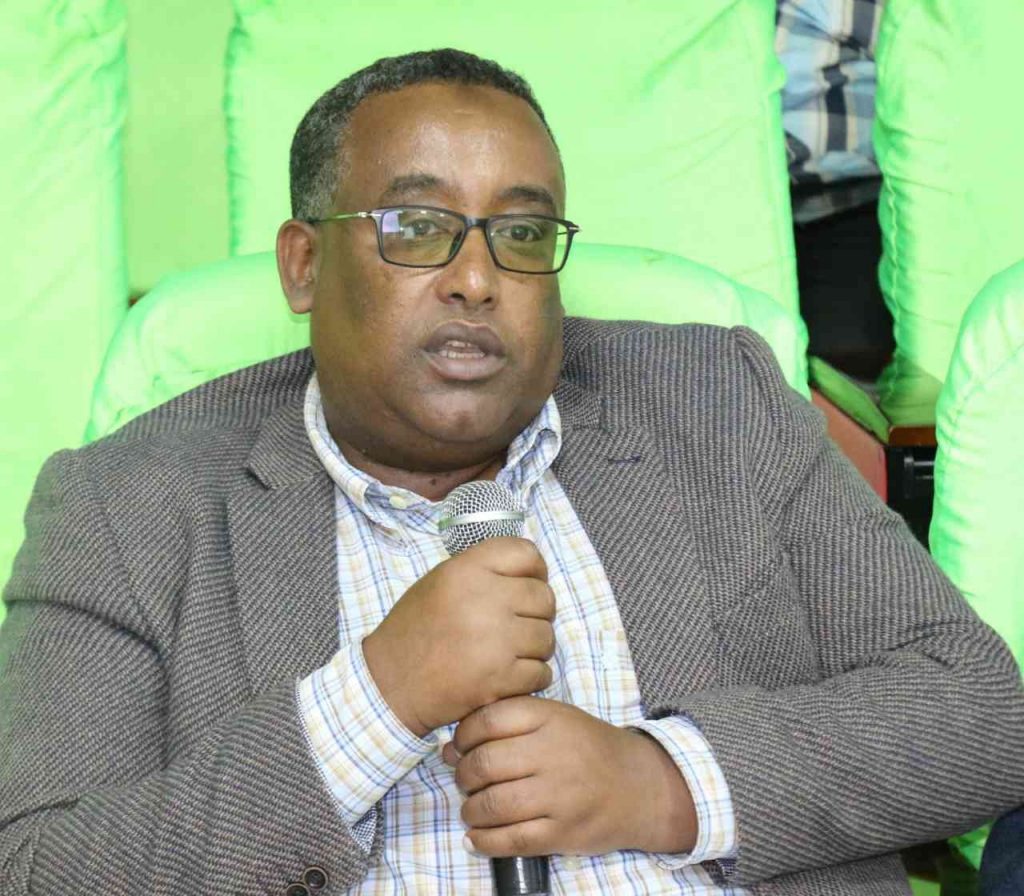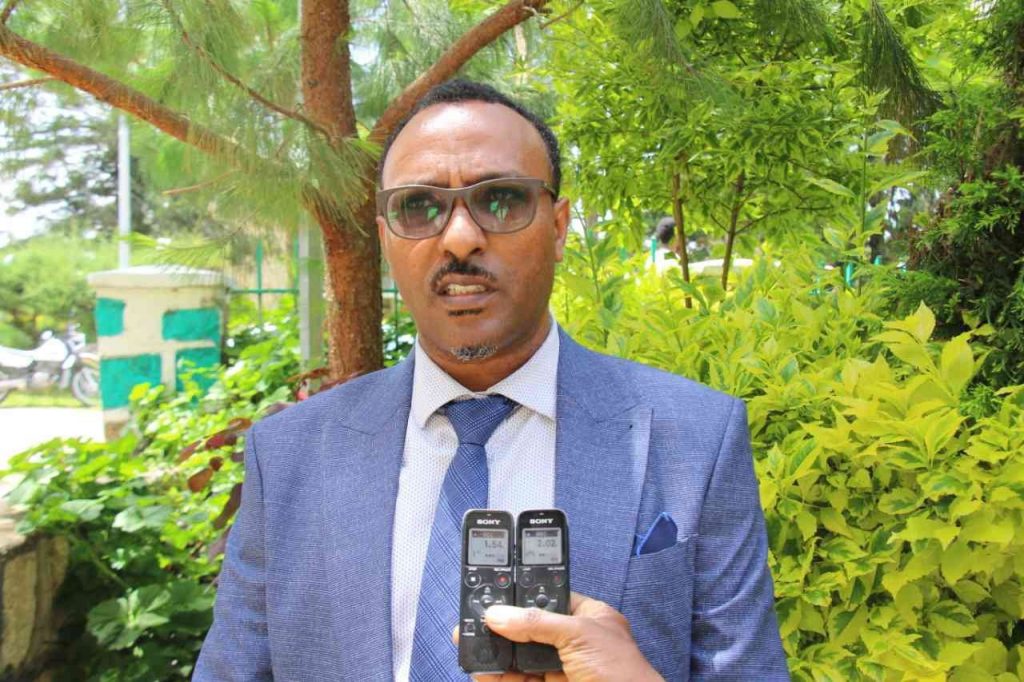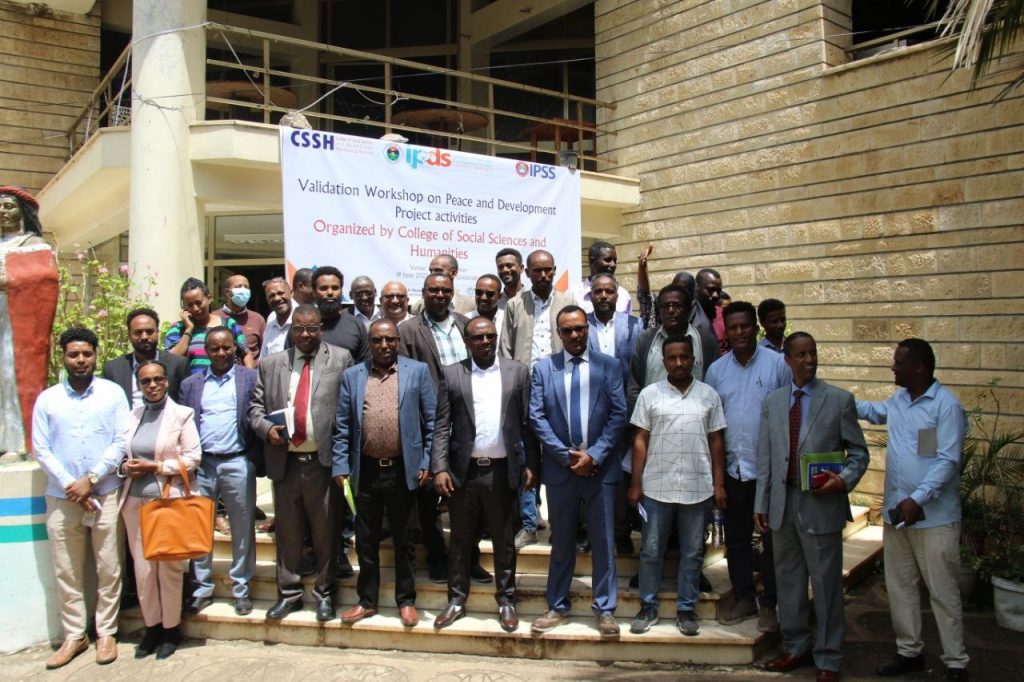2023 CHAMPS Network Meeting Brings Together Scientific Experts and Prestigious Health Leaders
Addis Ababa, Ethiopia – Child mortality remains a pressing global health challenge, with 5 million children around the world dying in 2021 alone. About 8 in 10 child deaths occur in just two regions, sub-Saharan Africa (58%) and South Asia (26%) (UNICEF,2021). Child Health and Mortality Prevention Surveillance (CHAMPS) is a multi-year, multi-country effort to generate specific information on causes of stillbirths and child deaths and provide timely and accurate data for programs designed to improve child survival.
On March 13-17, 2023, scientific experts from CHAMPS and global health leaders met in Addis Ababa, bringing together over 160 participants from 14 countries to discuss findings from CHAMPS and identify new strategies in the fight to reduce global child mortality.
“Identifying causes of mortality is a critical step for designing the right interventions,” said Her Excellency, Dr. Lia Tadesse Gebremedhin, Minister of Health of the Federal Democratic Republic of Ethiopia, in an interview following the opening session. “As a country, we have been trying to implement maternal and newborn health surveillance and response at a national level, which usually uses verbal autopsy and other methods. We are continuing to improve it, but programs like CHAMPS that can concretely identify the real cause of death through minimally invasive tests are instrumental for us to design the correct interventions, especially for preventable deaths.”
Several other Ethiopian dignitaries attended the CHAMPS network meeting opening sessions, including Haramaya University Administration and Students Affairs Vice President Professor Jaylan Welse, Maternal, Child and Adolescent Health Lead Executive of the Federal Democratic Republic of Ethiopia Dr. Meseret Zelalem, and Dr. Mesay Hailu, Director General of the Ethiopian Public Health Institute. These distinguished leaders welcomed the attendees to Addis Ababa and shared their enthusiasm for this convening in Ethiopia.
“Children are dying from preventable health conditions including malnutrition, pneumonia, sepsis and other related health conditions. To avert these deaths, we are actively sharing data from CHAMPS Ethiopia at all levels,” said Principal Investigator for CHAMPS Ethiopia, Nega Assefa, Professor of Maternal and Child Health at Haramaya University in Harar. “We are identifying serious problems affecting the health of children and pregnant women. Most importantly, we are finding poor nutrition as a background factor, including a need for more folate in the diet to prevent serious birth defects.”
Ethiopian health researchers are conducting CHAMPS in three districts of Oromia and Harari regions in Eastern Ethiopia, alongside sites in six other countries in Africa and South Asia.
Dr. Raji Tajudeen, Head, Public Health Institutes & Research at Africa Centre for Disease Control (ACDC), also attended the meeting. ACDC is a specialized technical institution of the African Union that supports policy development across all African member states to detect, prevent and timely respond to disease threats. Dr. Tajudeen acknowledged the importance of CHAMPS work in addressing childhood diseases and causes of death, saying, “CHAMPS data are critical to the ACDC in that they provide new insight on causes of child mortality that helps us guide policy formulation on maternal and child health. The specificity of CHAMPS data helps us to understand exact causes of child deaths and puts a spotlight on child health priorities. In addition, the CHAMPS platform and the expertise within CHAMPS are helping with workforce development on the continent.”
“When we examine results from all our CHAMPS sites, we find a large burden of stillbirths and deaths in babies shortly after births that are a result of complications of the pregnancy or delivery. In many cases, better healthcare for pregnant women would have led to the birth of healthy babies,” said Dr. Cynthia Whitney, Executive Director for CHAMPS. “We are also finding that infections cause many deaths in babies born too early and in infants and children who suffer from poor nutrition; many of these infections are resistant to commonly used antibiotics. Our goal is to make sure those who shape health programs and policies are aware of what we are learning.”
The event in Addis Ababa featured a series of presentations, panel discussions, and interactive sessions covering a range of topics, including:
- Mobilizing CHAMPS findings into actions that save lives
- Identifying and addressing the excess burden of neural tube defects in Ethiopia
- Improving quality of care for children and infants in primary care clinics and hospitals
- Implementing interventions to address malnutrition
- Conducting social autopsies and sharing cause of death findings with families who have lost children
- Using the CHAMPS platform to conduct scientific studies
Interested parties are encouraged to visit the CHAMPS website to learn more about CHAMPS’ activities in Ethiopia and across sites in Africa and South Asia.
About CHAMPS: Child Health and Mortality Prevention Surveillance (CHAMPS) is a global surveillance network that generates and shares accurate cause of death data on child mortality. Born of a need to better understand the definitive causes of child mortality in places where it is highest, CHAMPS identifies definitive causes of stillbirths and child deaths through community engagement, mortality surveillance, diagnostic and laboratory innovation, and rapid, open access to data. These CHAMPS data are being used by countries to inform public health policies and drive evidence-based interventions that save child’s lives.








































































